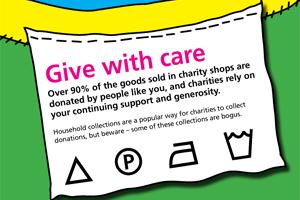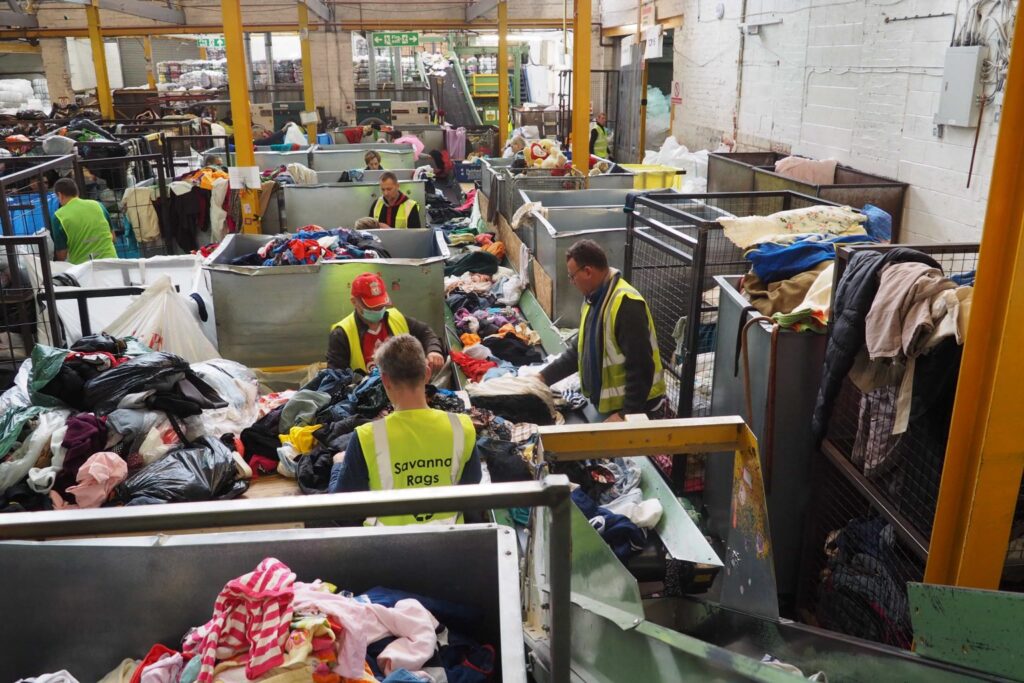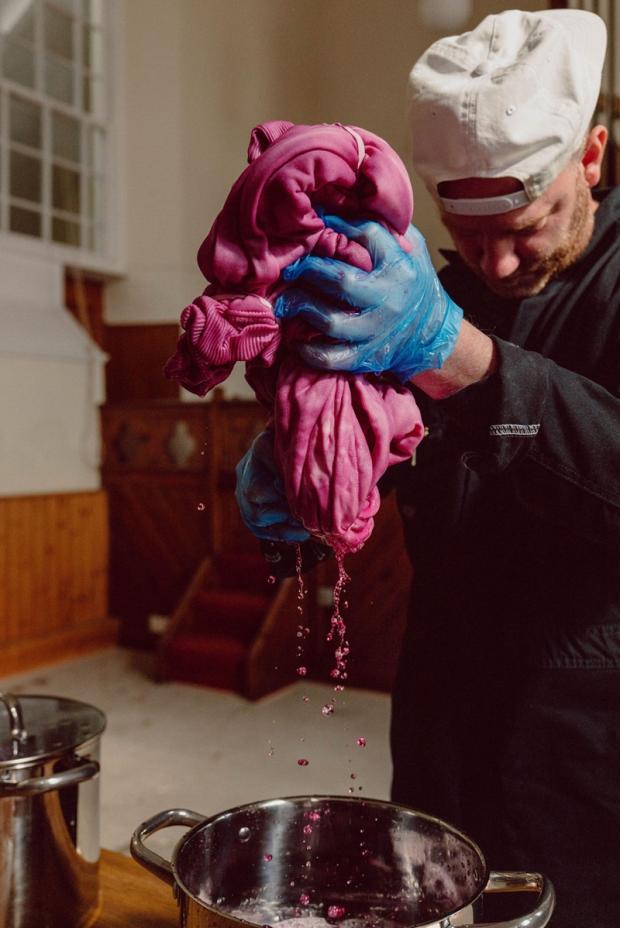The move follows increasing reports of charity shops losing millions of pounds a year through donations which they believe are either stolen or donated to organisations which appear to be charities but are in fact commercial organisations (see letsrecycle.com story).
This is because many leaflets delivered to homes can, at a glance, look like they have come from a charity even if they do not.
In order to get the message across, householders in problem areas such as the West Midlands, North-East London, Bristol and Gloucester – will receive a leaflet with tips on help to check clothing collection leaflets.
Householders will also be warned to be wary of phrases such as “families in need” or “sick kids at Christmas” and of leaflets which provide no phone number but only a registered company number.
Phil Hope, minister for the Third Sector in the Cabinet Office, which is funding the scheme, said: “Donating your clothing and other goods to genuine charities is a great way to help people who are in need. For many years giving in this way has been a part of British life but now charities are losing substantial amounts of money to anonymous “bogus” collectors that mislead donors into thinking they are charities.”
Dame Suzi Leather, chair of charity regulator the Charity Commission, stressed that most leaflets which came through people's doors came from genuine charities but that there was a lot of confusion over which were legitimate.
She said: “This initiative will help members of the public if there is any doubt in their minds. Christmas is a really important fundraising time of the year for many charities, and they need every penny from your donations they can get. If you want to make sure your unwanted clothes are going to help a genuine charity, use our top tips.”
Collections
The nationwide clothing collection campaign comes a few months after textile collectors and sorters form across the UK launched a joint drive to tackle increasing levels of textile crime in the UK (see letsrecycle.com story). The issue is being closely monitored by charitable clothing collector Clothes Aid and Jo Swinson, liberal democrat MP for East Dunbartonshire, has lobbied heavily for parliamentary action over the problem.
Despite these efforts, however, councils ranging from Pembrokeshire in South Wales to Swindon in Wiltshire have continued to report problems with non-charitable clothing collectors.
In Pembrokeshire, the council reported in July that flyers had been delivered marked with the company name “Help and Support Ltd” and a company number “05834199”.
The leaflets stated that Help and Support Ltd was a collecting company who provide people in third world countries with clothes they could afford, but the council warned residents that it did not believe the organisation was a charity, and urged them to use caution.
Similarly, Swindon council warned in October that leaflets from an organisation called “Helping Arms” which was claiming it would given unwanted items to eastern Europe and Africa were in reality being sold for profit.
Swindon council trading standards manager Phil Thomas said: “Our advice is for people to take unwanted items directly to the charity shops if they want to give to a charitable organisation. Or residents can check out the Charity Commission website for a list of authentic charities.”









Subscribe for free